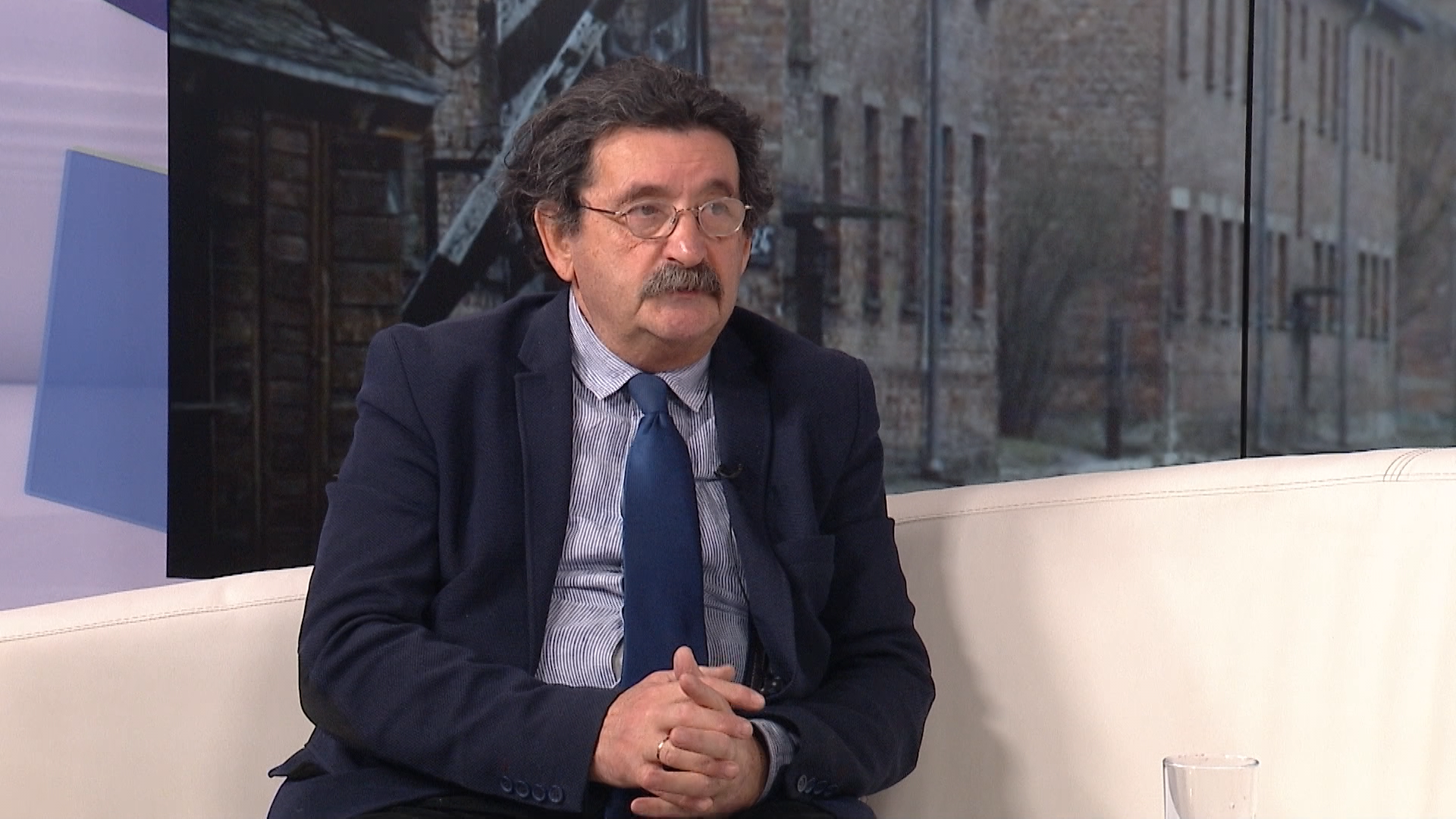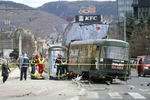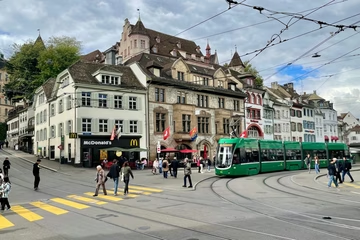Seventy percent of Sarajevo Jewry killed in the Holocaust

Some 70 percent of Sarajevo Jews died during World War II but despite that fact, there have been no open outbursts of anti-Semitism in this city since then, said Eli Tauber Adviser on Culture and Religion of the Jewish Community in BiH speaking for N1 Thursday on the occasion of Holocaust Remembrance Day.
Oglas
Tauber explained that the Jewish execution sites are not just Jasenovac and Auschwitz.
"The first camp was Kruscica near Vitez, several thousand people from Sarajevo were immediately taken there. It was abolished after two months and there were rapes and robberies there. The men were taken to Jasenovac and the women to Loborgrad which we rarely speak of. There were about 550 women and children from Sarajevo in Djakovo, these are camps that we forget
ever existed]," he said.
When the decision on the final solution of the Jewish question was made in Wannsee, the Jews from Loborgrad were taken to Auschwitz.
"Some 70% of the Jewish inhabitants of the city of Sarajevo died in the Holocaust. That’s when many people disappeared just for being Jewish. These are people who meant a lot to this city, participated in its construction, in its intellectual uplift like Daniel Ozmo, Laura Papo-Bohoreta, and so on," Tauber recalled.
Today, the Jewish community in BiH has around 700 members, and it is estimated that there are around 500 Jews in the country in total.
"Jews are not leaving, those who left during the war have left. If they do leave then it happens once a year, or every couple of years, which is not considered an outflow. This is due to the search for better business opportunities," Tauber said, adding that there is no open display of anti-Semitism in BiH, and that there are no movements advocating for these destructive ideas.
He also commented on the current position of Jews in BiH, the Strasbourg court ruling, and changes to election legislation.
"We have been deprived of that opportunity, no one is saying that someone should be elected, but let's tell people that they have a complete democracy," Tauber concluded.
The European Court of Human Rights ruled in the Sejdic and Finci vs Bosnia case that the Election Law discriminates against national minorities by not allowing them to run for the office of the BiH Presidency member, because the Law and the country’s Constitution claims that the BiH Presidency consists of a Bosniak, Serb and Croat member, with no possibility of any other ethnicity ever running for office.
Kakvo je tvoje mišljenje o ovome?
Učestvuj u diskusiji ili pročitaj komentare
Oglas
Kakvo je tvoje mišljenje o ovome?
Učestvuj u diskusiji ili pročitaj komentare
Oglas





 Srbija
Srbija
 Hrvatska
Hrvatska
 Slovenija
Slovenija



























































